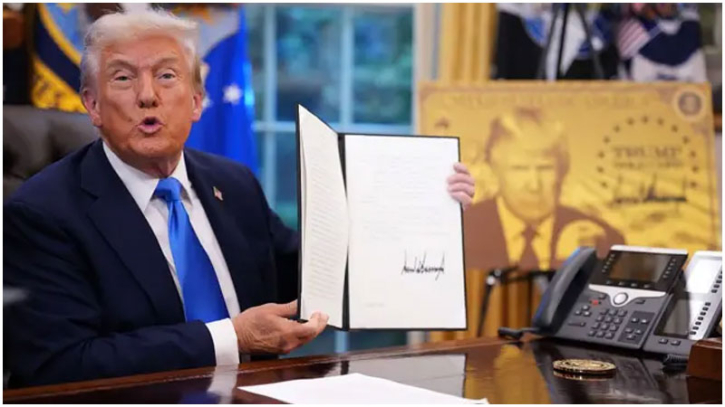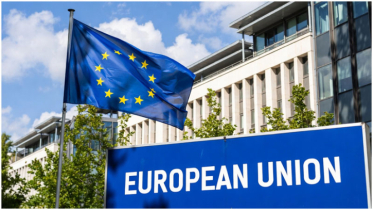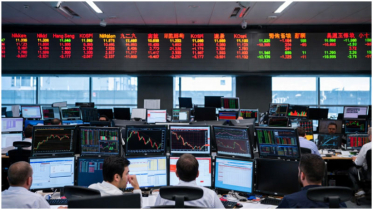Trump introduces $100,000 annual fee for H1B visa applicants

US President Donald Trump has signed a sweeping executive order that imposes a new $100,000 annual fee on applicants to the H-1B visa program, a move expected to reshape the landscape for skilled foreign workers seeking employment in the United States.
The H-1B visa program, capped at 85,000 visas per year since 2004, has long been central to America’s ability to attract global talent in the technology and research sectors. Until now, applicants faced administrative fees of around $1,500. Trump’s new order, set to take effect on September 21, would dramatically increase the financial burden on companies sponsoring foreign workers.
Commerce Secretary Howard Lutnick explained that employers would be required to pay the $100,000 annually for up to six years, amounting to as much as $600,000 per worker. “The company needs to decide—is this person valuable enough to warrant a $100,000-a-year payment to the government, or should they head home and hire an American instead?” Lutnick said, adding that “all of the big companies are on board.”
However, confusion quickly followed the announcement. White House Press Secretary Karoline Leavitt initially suggested the fee would be a one-time payment, while spokesperson Abigail Jackson later clarified that the rule applies only to new applicants in the February 2026 lottery who are currently outside the United States. Existing visa holders and applicants from the 2025 lottery would not be affected.
The H-1B program has faced sharp debate for years. Critics argue it allows companies to undercut American workers by bringing in cheaper labor, while supporters—including tech executives like Elon Musk—say it is essential for maintaining US competitiveness in technology and innovation.
Alongside the new H-1B rules, Trump announced a new “gold card” visa program, which would fast-track immigration applications for certain individuals willing to pay fees starting at £1 million.
The policy shift has triggered widespread concern among businesses and trade groups. Nasscom, India’s top tech trade body, called the abrupt one-day deadline “deeply disruptive,” warning that the order has created uncertainty for businesses, professionals, and students around the world. India has historically been the largest beneficiary of H-1B visas, accounting for 71% of approvals in the last fiscal year, followed by China at 11.7%.
Major corporations are already reacting. According to an internal advisory seen by Business Insider, Amazon instructed employees currently in the US on H-1B visas to remain in the country, while those abroad were urged to return before the deadline. Those unable to do so were told to avoid attempting re-entry “until further guidance is provided.”
Immigration experts warn the new fees could devastate small and medium-sized businesses. Attorney Tahmina Watson told the BBC that the $100,000 fee is a “nail in the coffin” for many of her clients. “Almost everyone’s going to be priced out,” she said, adding that many employers only turn to foreign hires because they cannot find qualified American workers.
Jorge Lopez, chair of Littler Mendelson PC’s immigration and global mobility group, warned the policy could damage America’s competitiveness. “A $100,000 fee will put the brakes on the US tech sector and other industries,” he said, suggesting that some firms may look to relocate operations overseas.
The H-1B debate has long divided Trump’s allies and administration officials. While former strategist Steve Bannon and other critics have pushed for tighter restrictions, Trump himself has often struck a more ambivalent tone. During his campaign, he even suggested granting automatic green cards to US college graduates, arguing that companies must be able to “recruit and keep” global talent.
In 2017, Trump had already signed an executive order increasing scrutiny of H-1B applications, which pushed visa rejection rates to a record 24% in 2018, compared to 5–8% under Barack Obama and 2–4% under Joe Biden.
Now, with this new six-figure fee requirement, immigration attorneys and business leaders warn that Trump’s latest move could represent the most significant challenge yet to the future of America’s skilled worker visa system.
.png)




